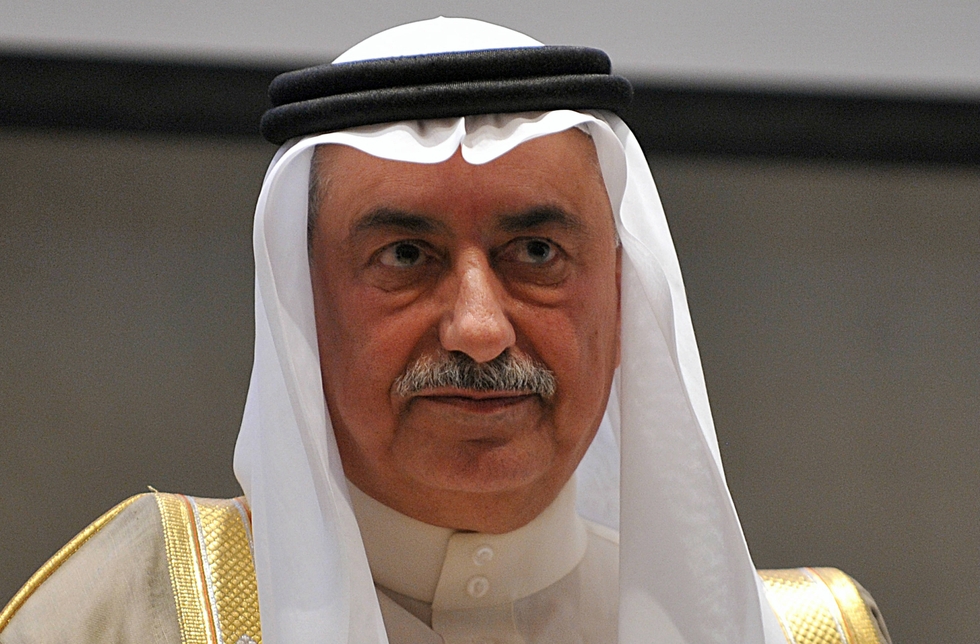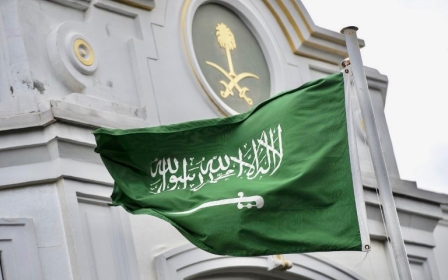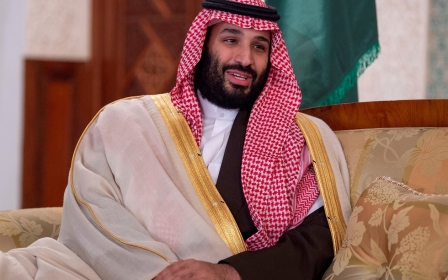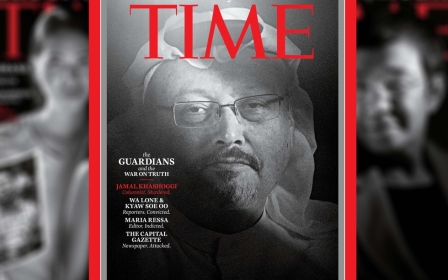New Saudi foreign minister insists kingdom 'not in crisis' amid Khashoggi fallout

The new foreign minister of Saudi Arabia insisted his country is "not in crisis", a day after King Salman ordered a wide-reaching government reshuffle amid ongoing global criticism over the murder of journalist Jamal Khashoggi.
In his first interview since taking the position, Ibrahim al-Assaf told AFP news agency on Friday that the government restructuring was not related to the Khashoggi case.
"The issue of Jamal Khashoggi... really saddened us, all of us," said Assaf, a former long-serving finance minister and board member of national oil giant Saudi Aramco.
"But all in all, we are not going through a crisis, we are going through a transformation," he told AFP.
Assaf said that his predecessor, Adel al-Jubeir, had not been demoted over his inability to handle the fallout of Khashoggi's killing.
"This is far from the truth," Assaf told AFP, adding that Jubeir, who will now serve as minister of state for foreign affairs, had performed with distinction.
However, a Saudi source told Middle East Eye on Thursday that Jubeir's demotion rather than outright sacking has been regarded as an act of humiliation in the kingdom.
The government shake-up was at the behest of Saudi Crown Prince Mohammed bin Salman, who wanted Jubeir humiliated as punishment for his perceived failure to adequately shield him from the fallout of the Khashoggi murder, the source said.
A Saudi government critic and prominent columnist for the Washington Post, Khashoggi was killed inside the Saudi consulate in Istanbul on 2 October.
A 15-member Saudi team was deployed to Turkey to carry out the assassination, which has led to widespread condemnation of the Gulf kingdom and its de facto ruler, the crown prince, also known as MBS.
While Saudi officials have repeatedly denied that MBS was involved in the murder, the CIA and US senators have both come to the conclusion that he ordered the killing.
New MEE newsletter: Jerusalem Dispatch
Sign up to get the latest insights and analysis on Israel-Palestine, alongside Turkey Unpacked and other MEE newsletters
Middle East Eye delivers independent and unrivalled coverage and analysis of the Middle East, North Africa and beyond. To learn more about republishing this content and the associated fees, please fill out this form. More about MEE can be found here.




